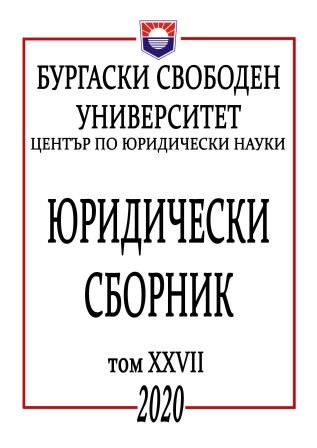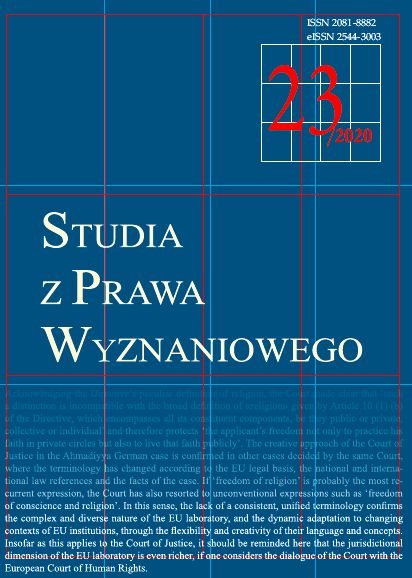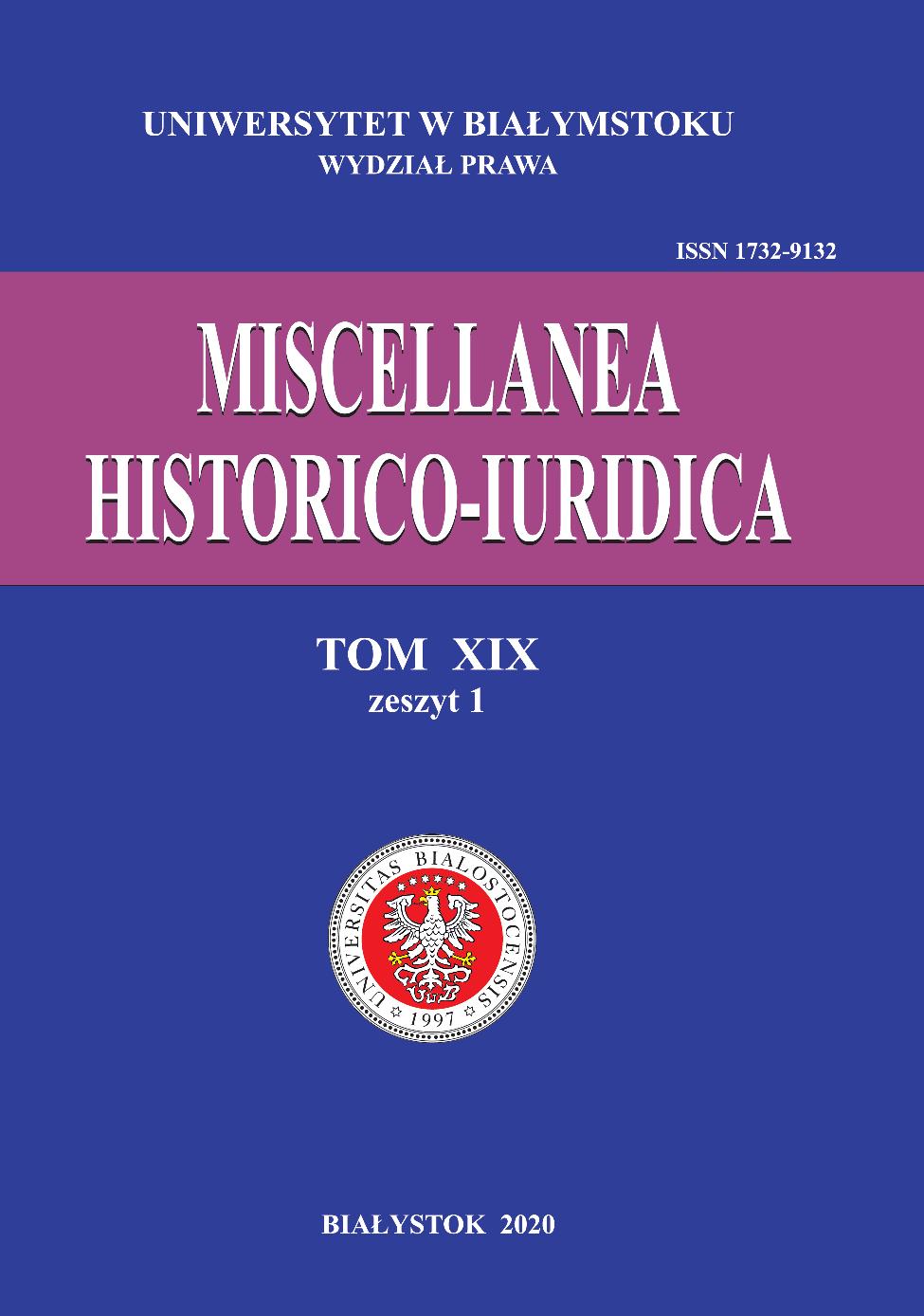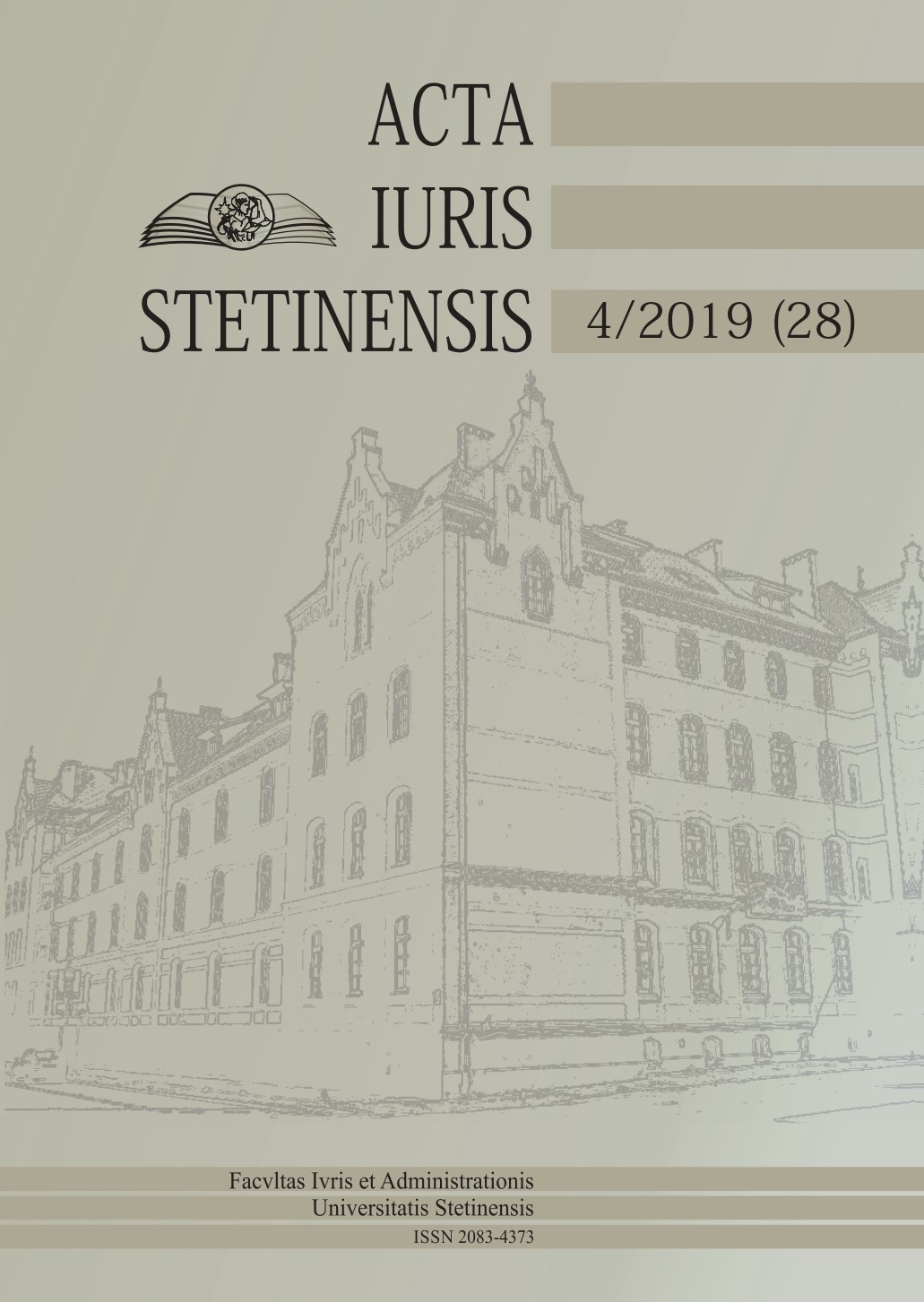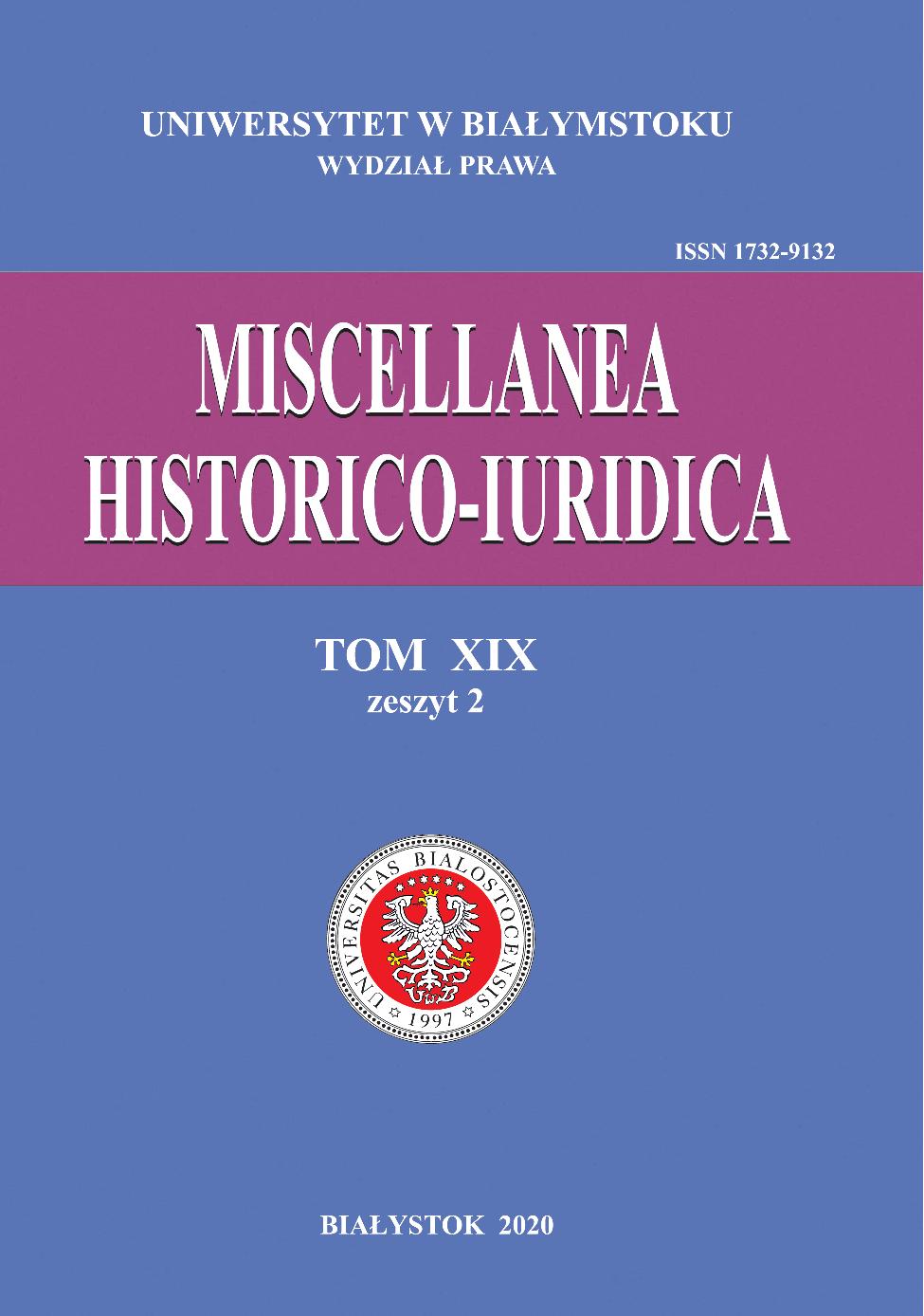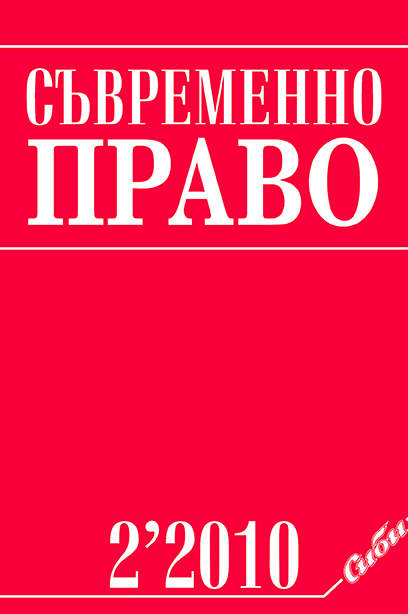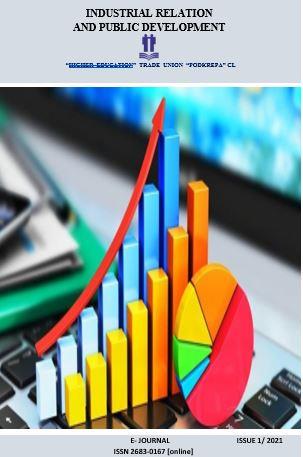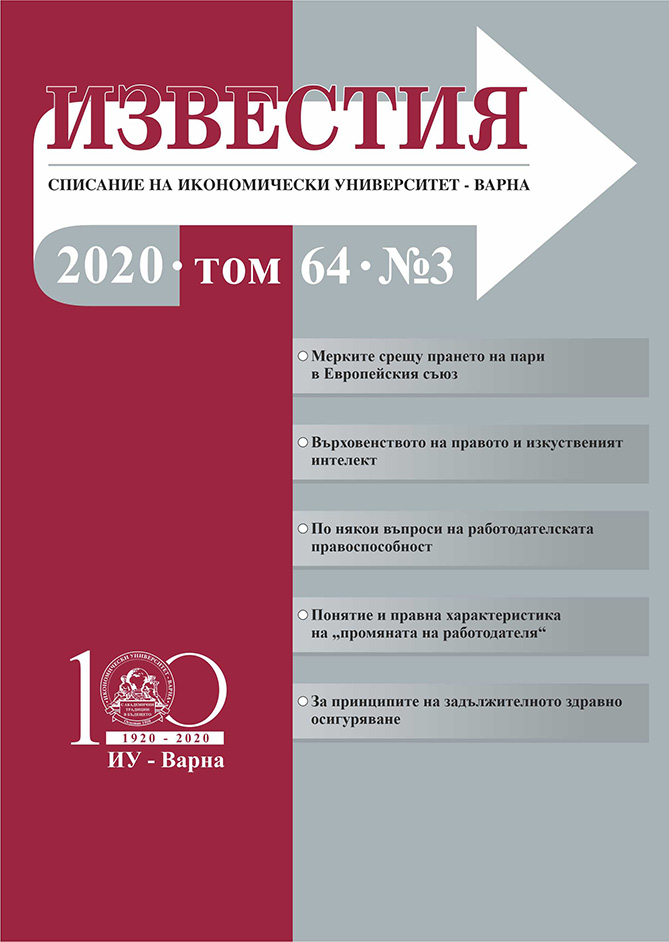
Мерките срещу прането на пари в Европейския съюз – реформа в ход
The present article examines the ongoing in the European union reform of measures against money laundering. In an actual analysis are presented the latest legislative initiatives aimed at actualization of the measures in direction of their tightening. Based on the analysis the author makes criticisms, conclusions and summaries are made.
More...
